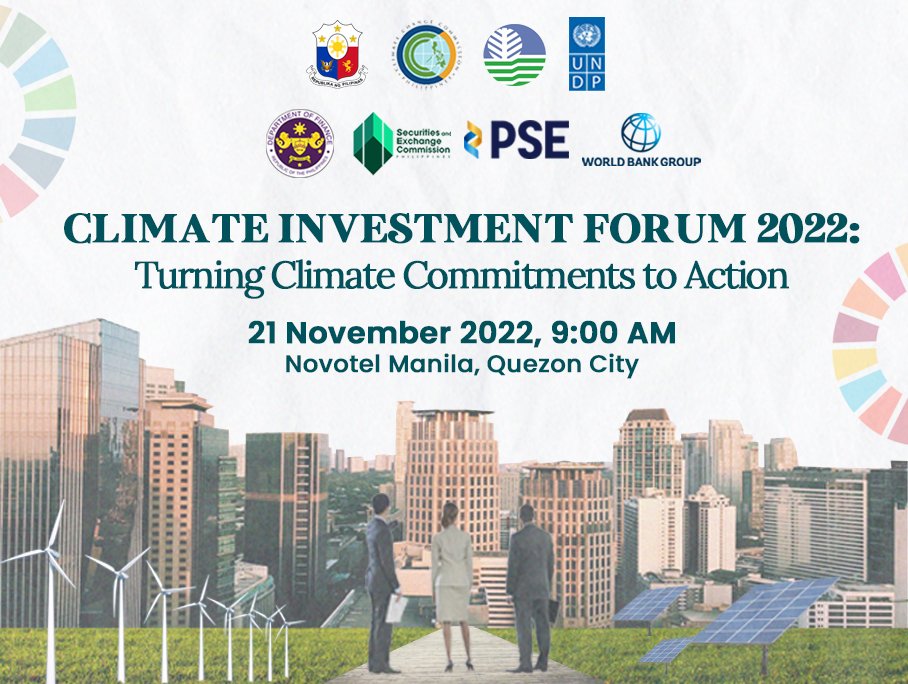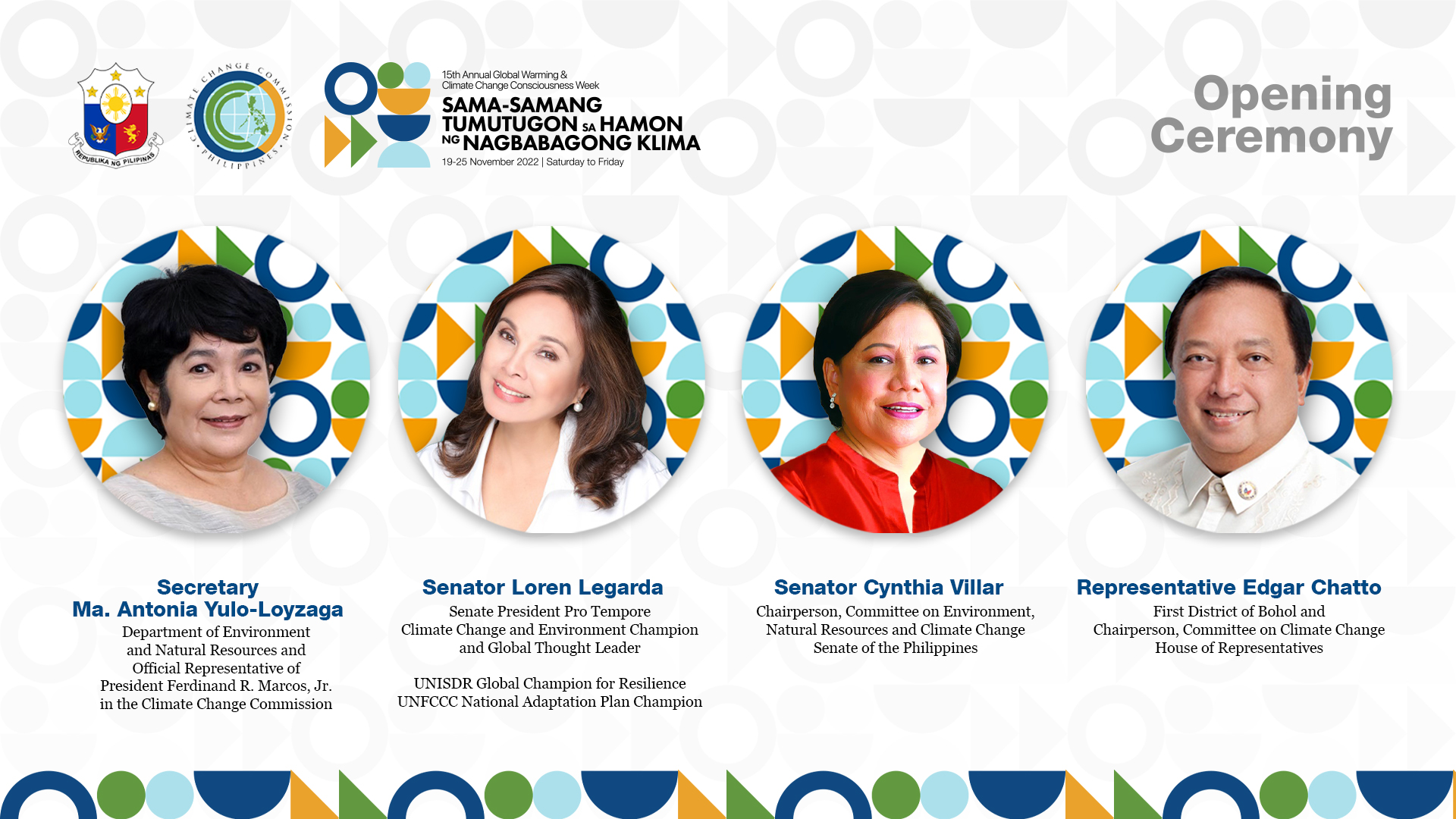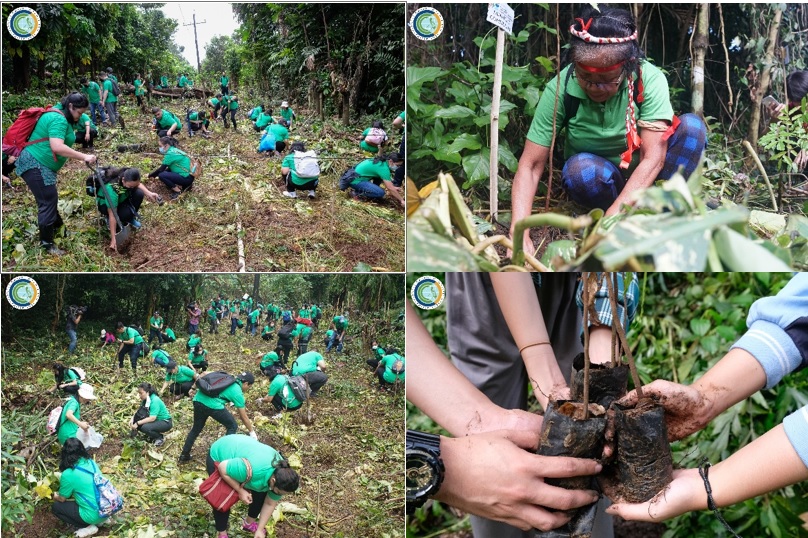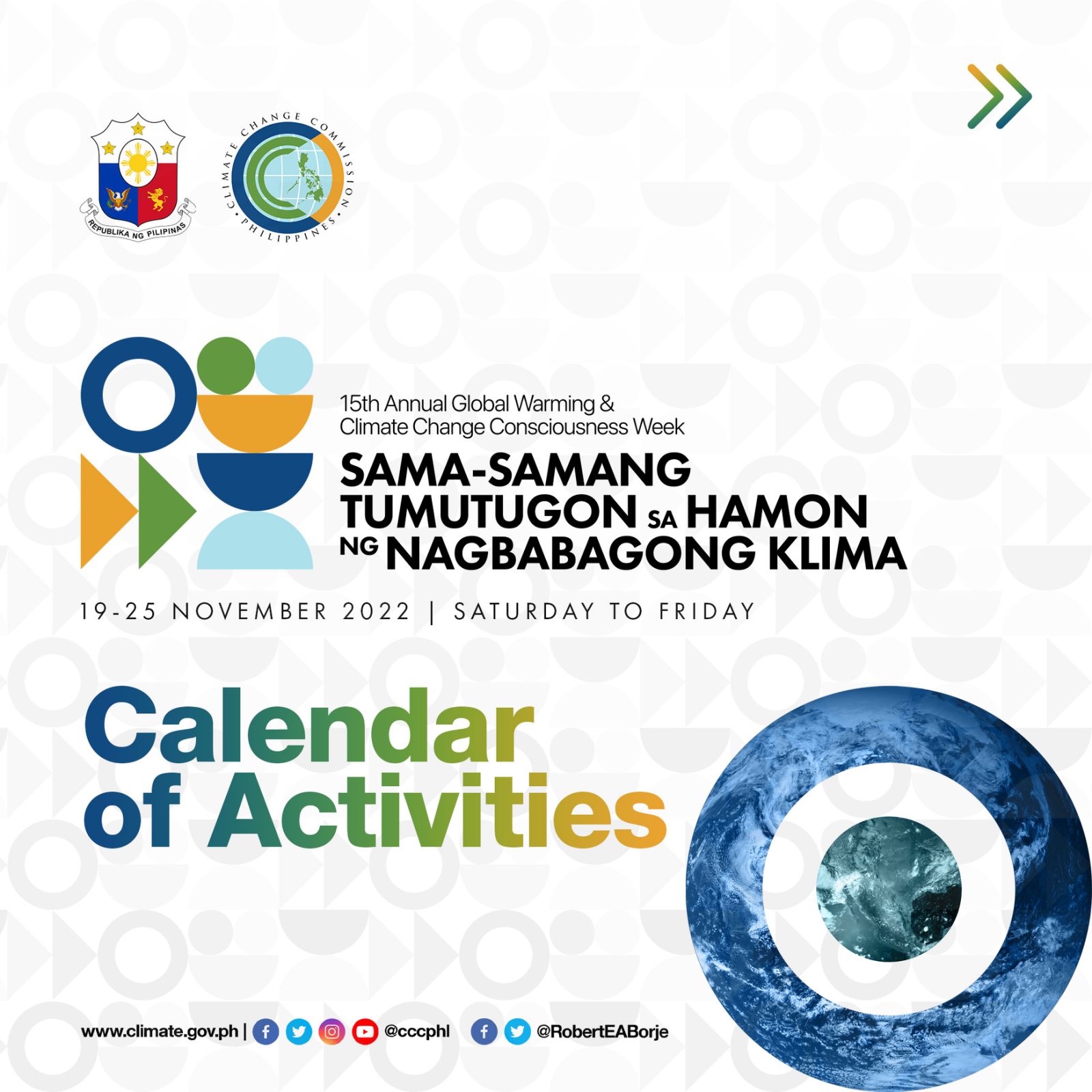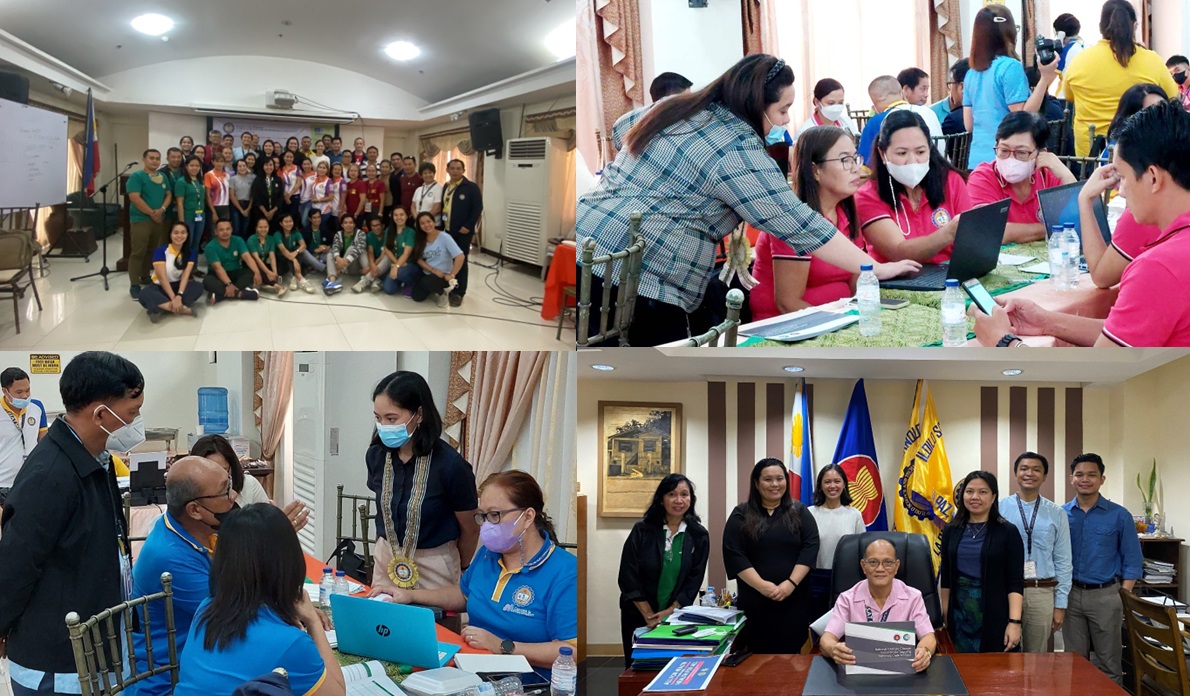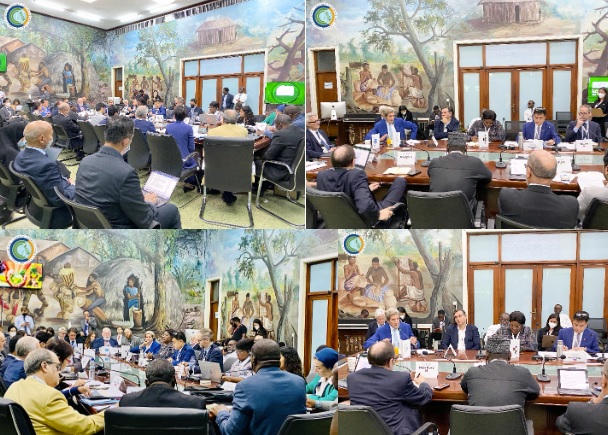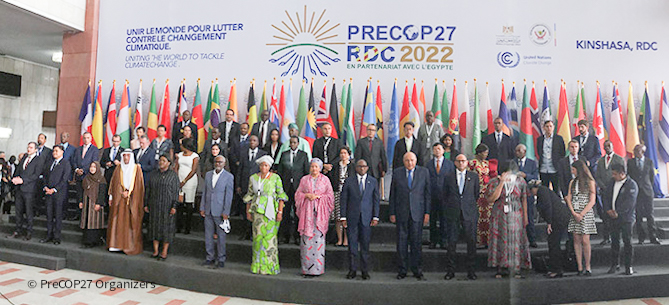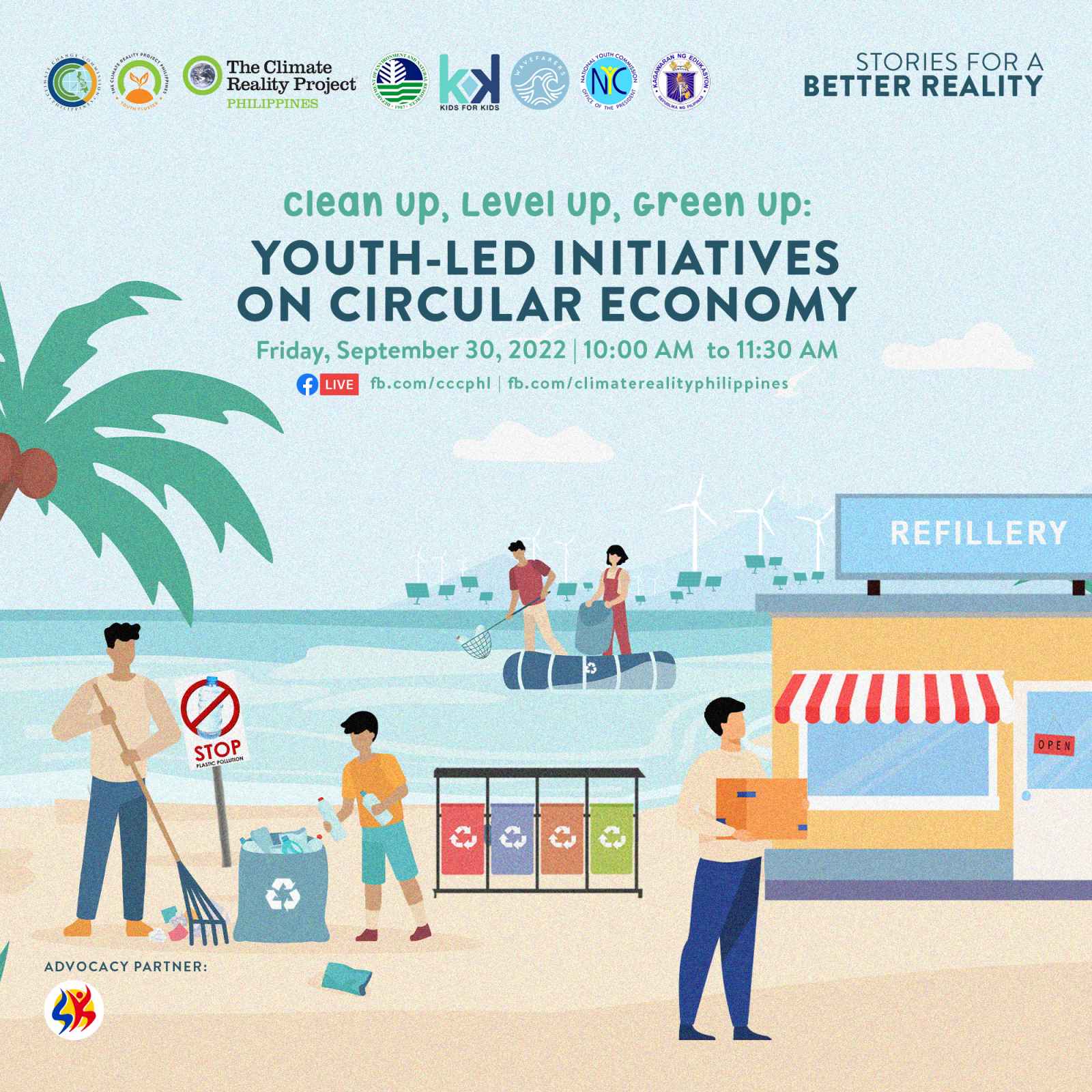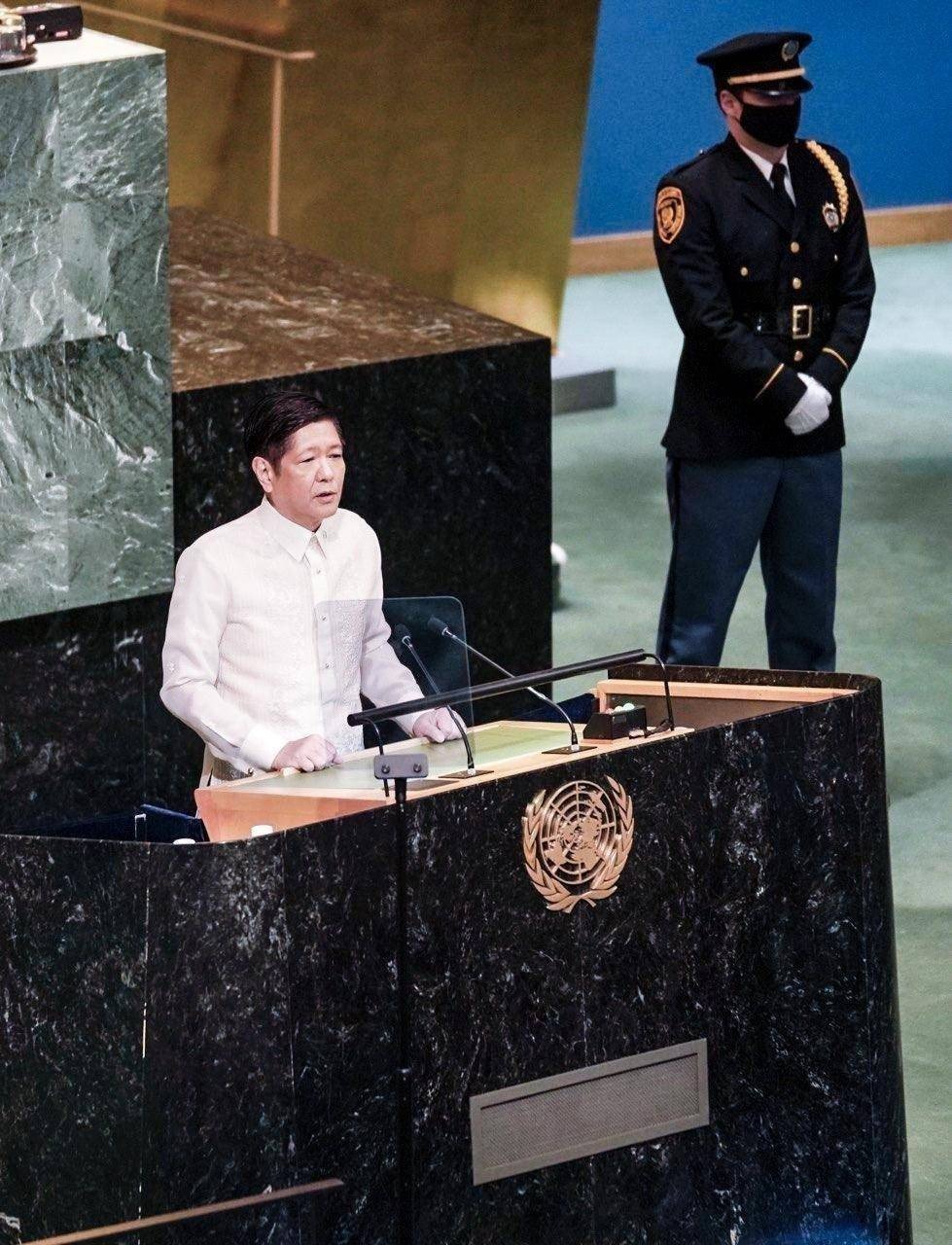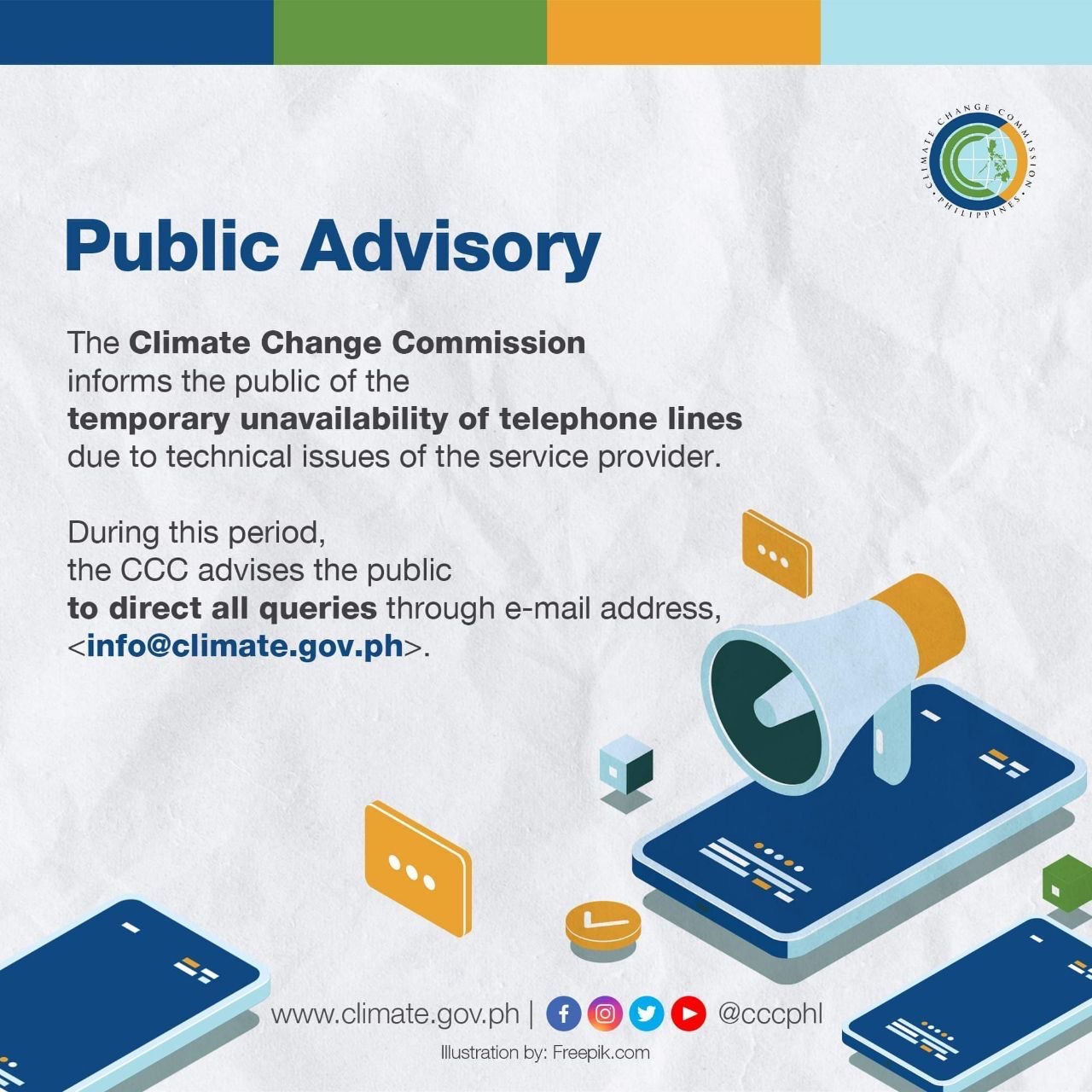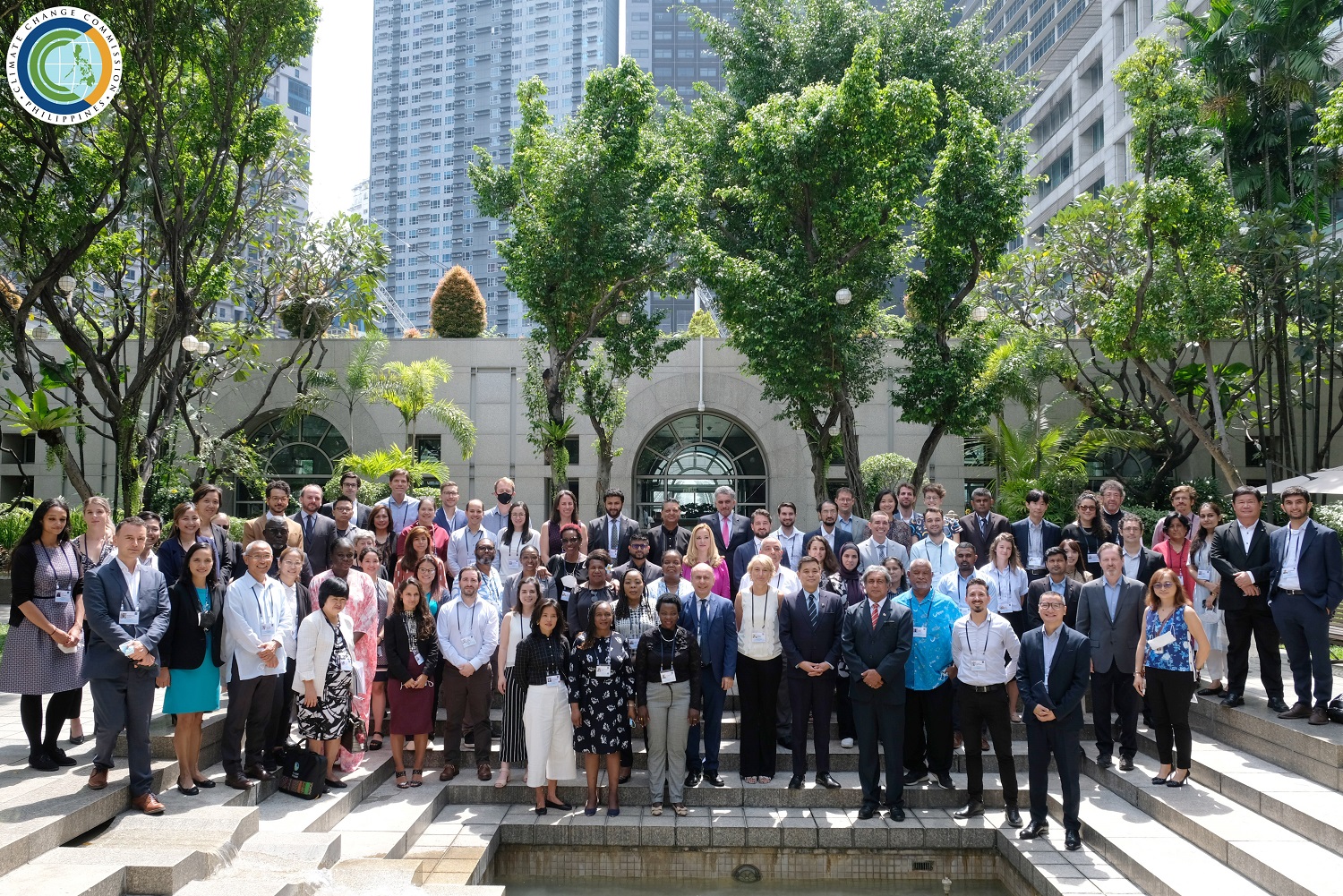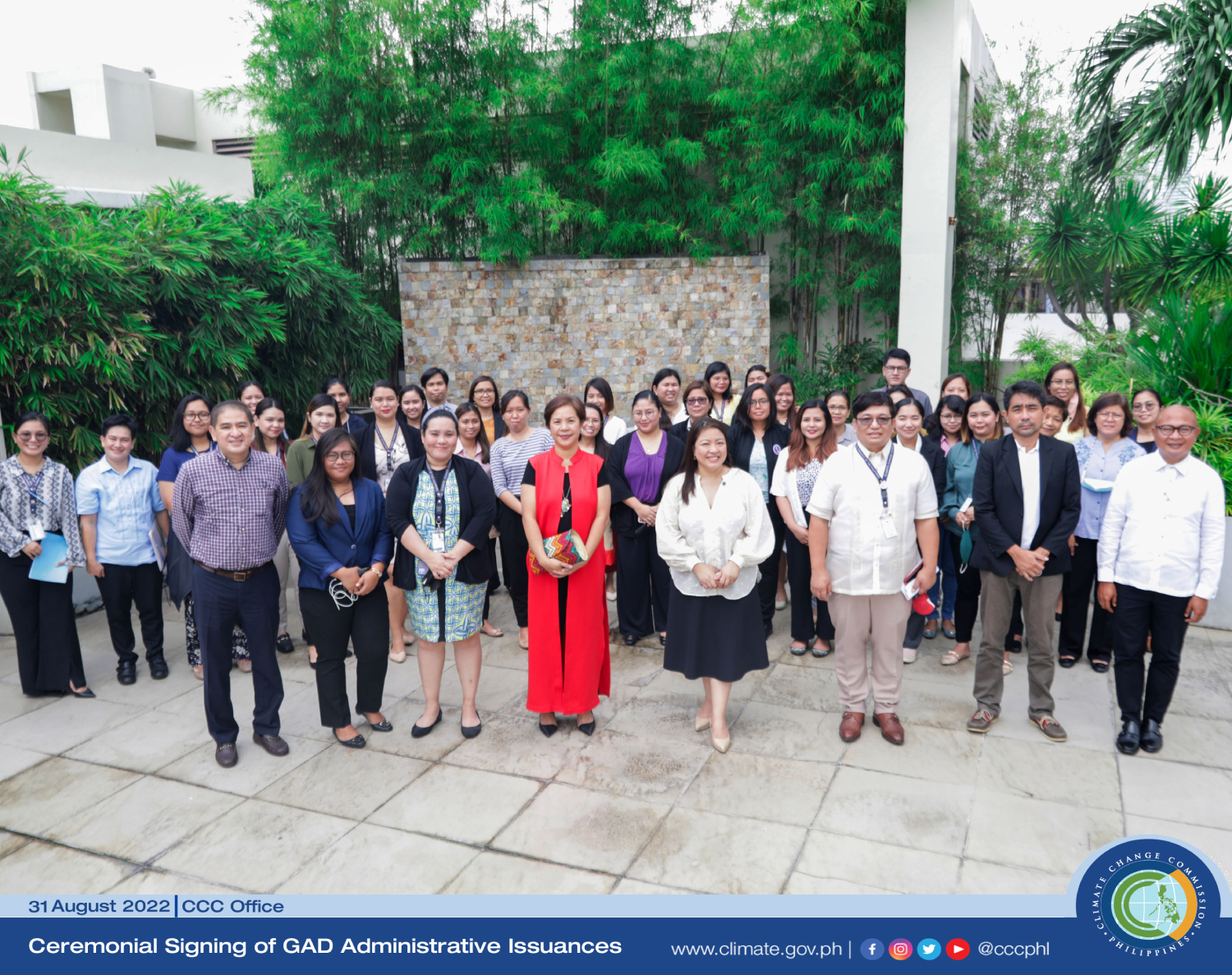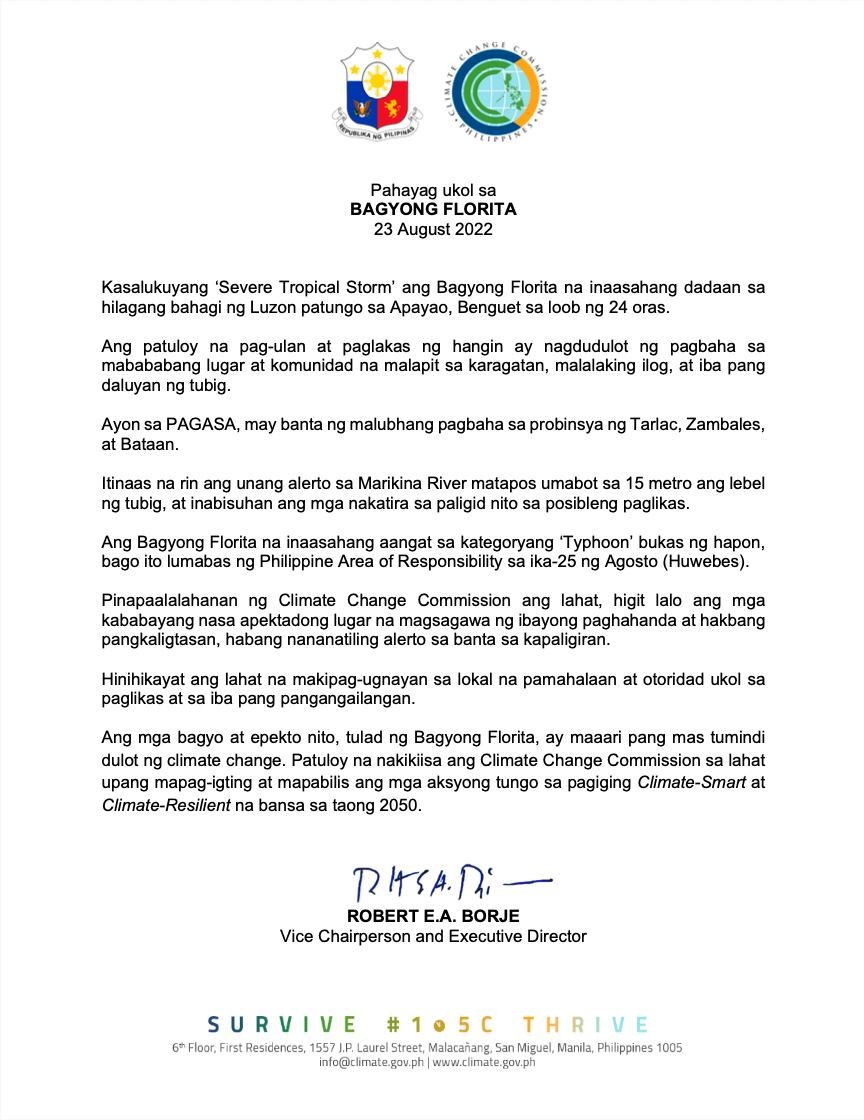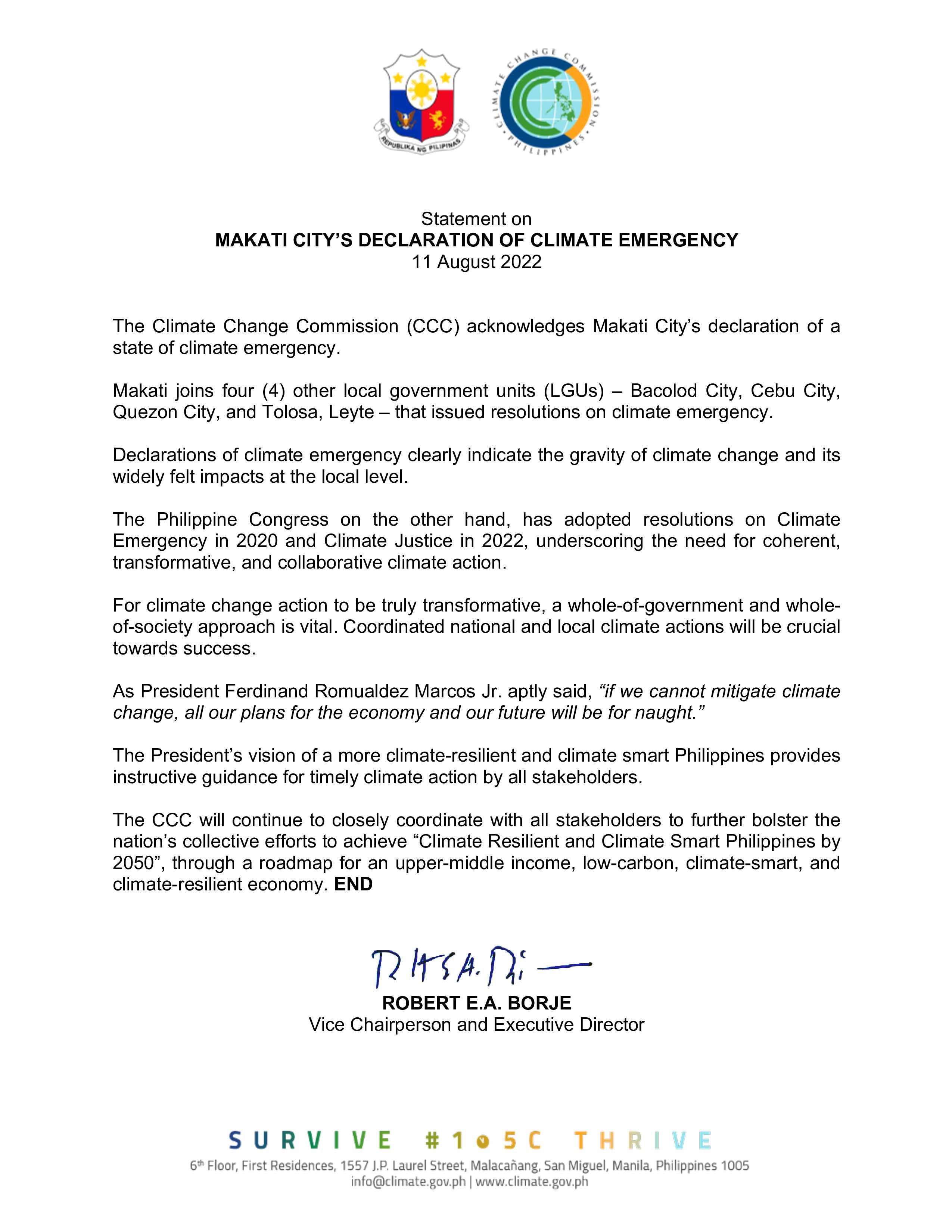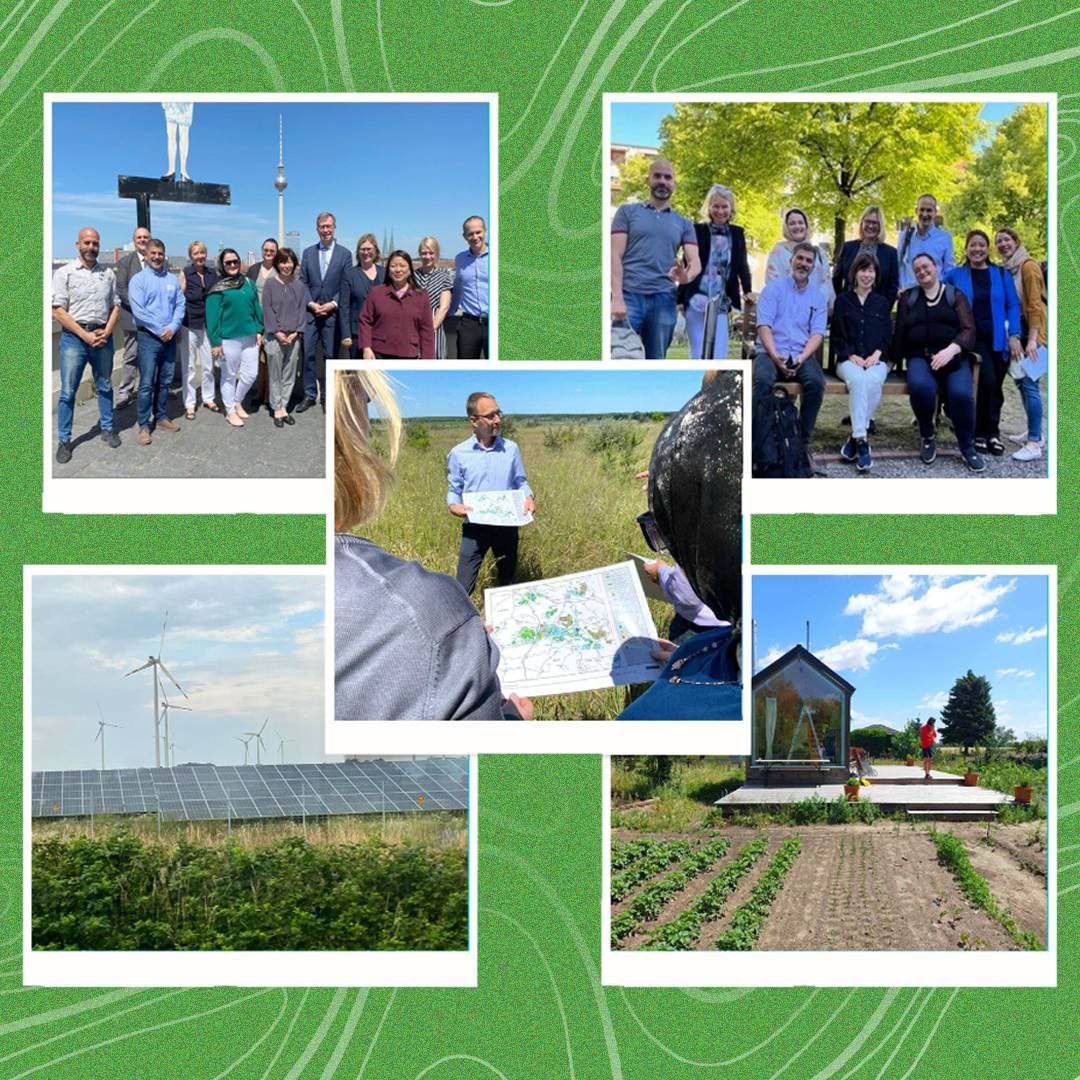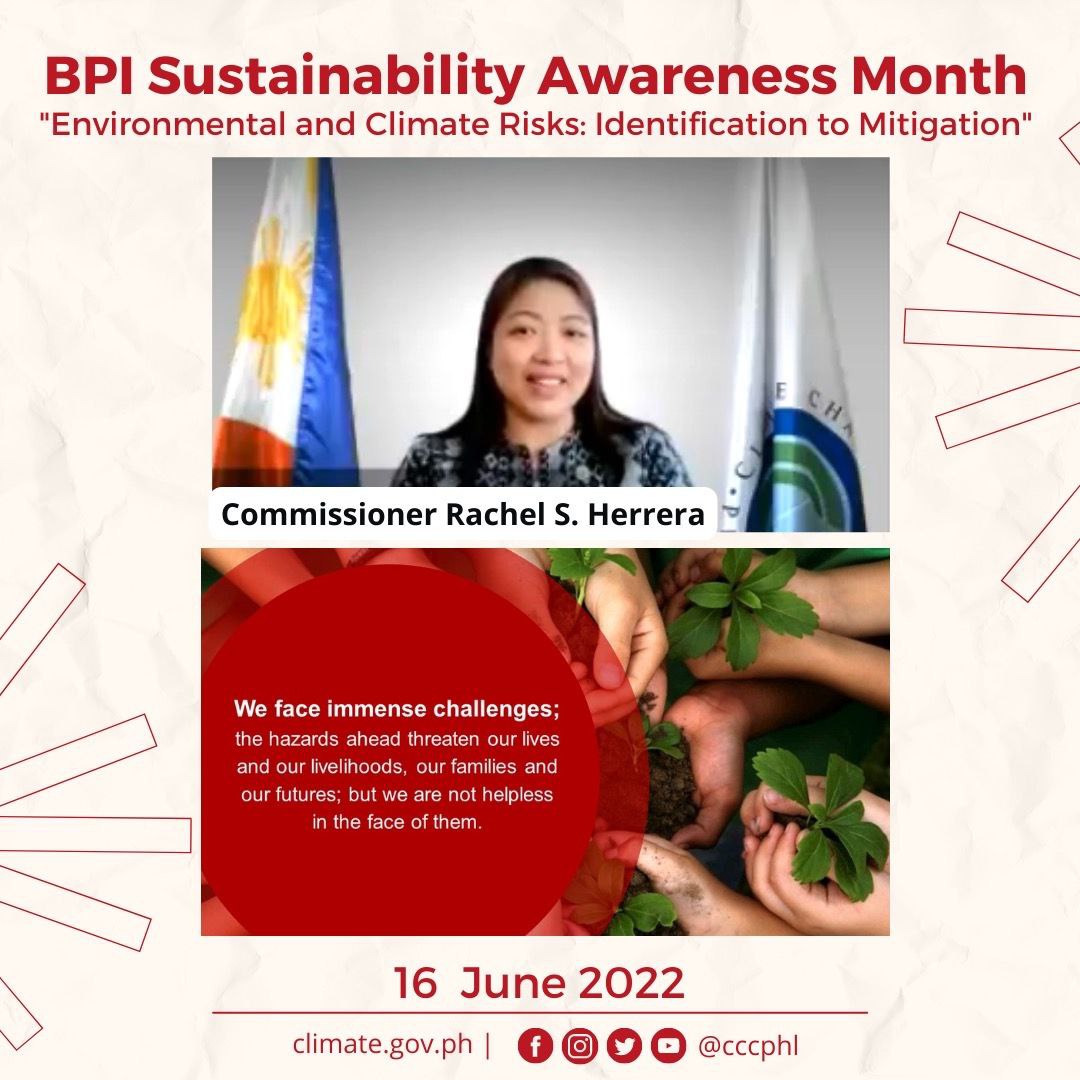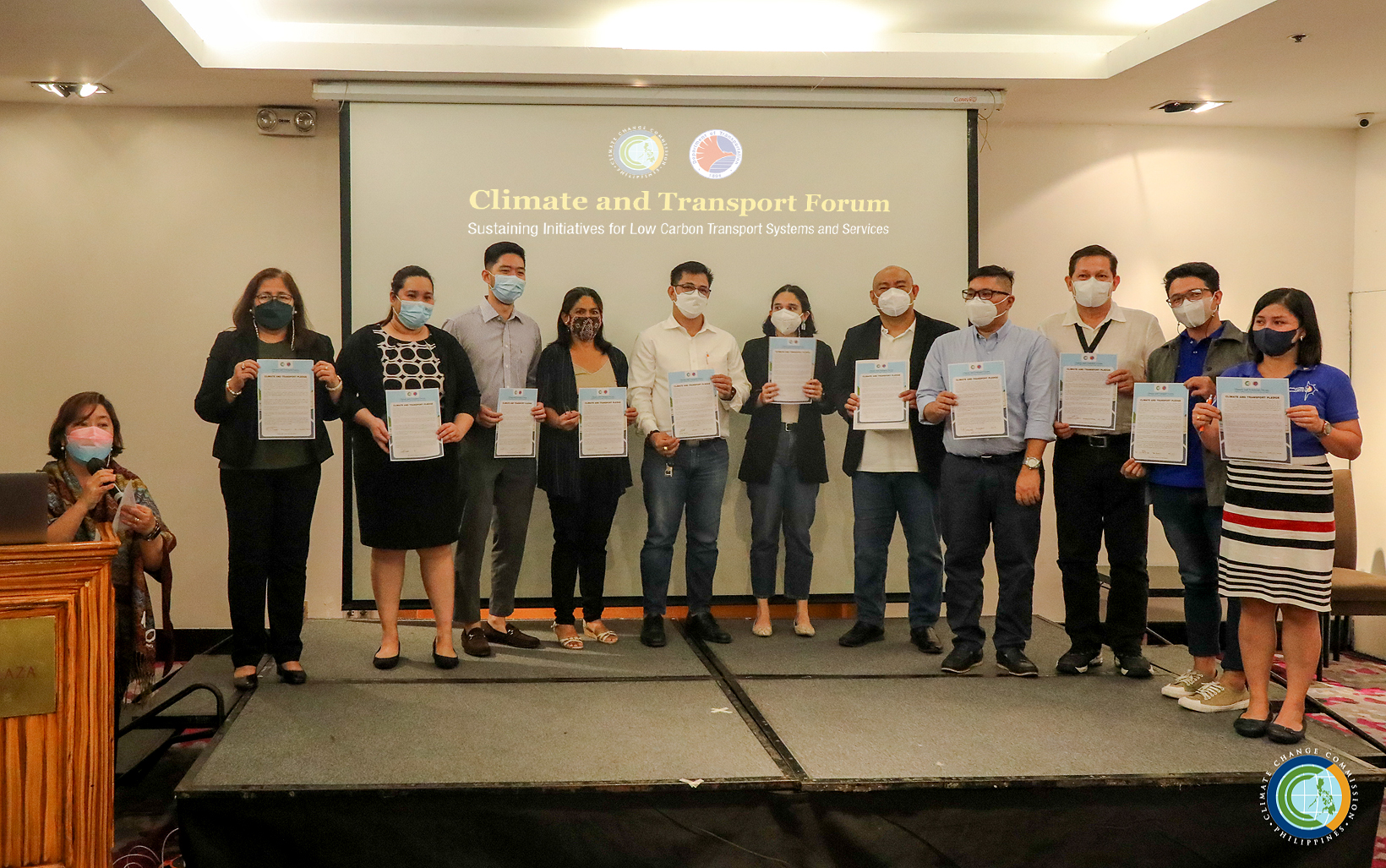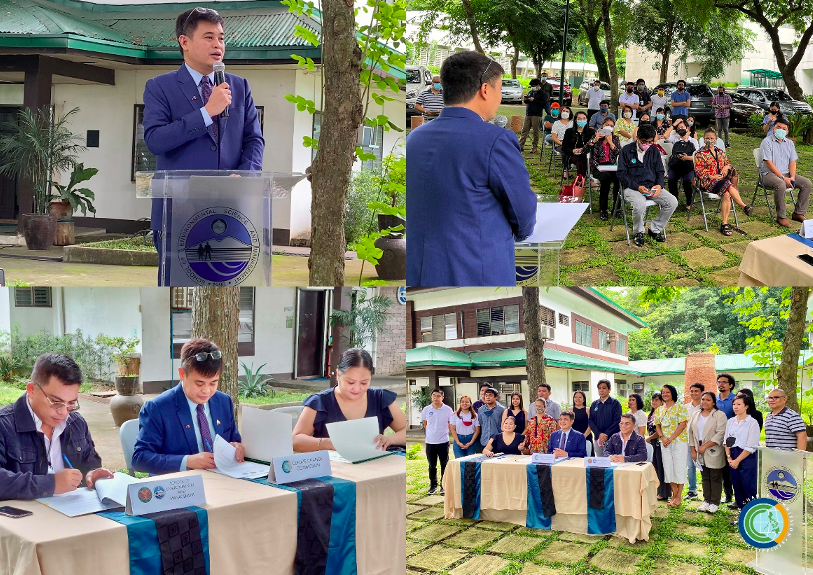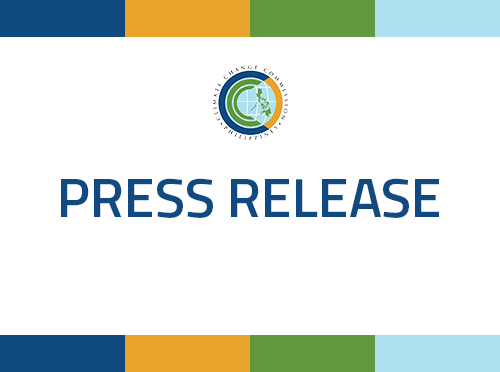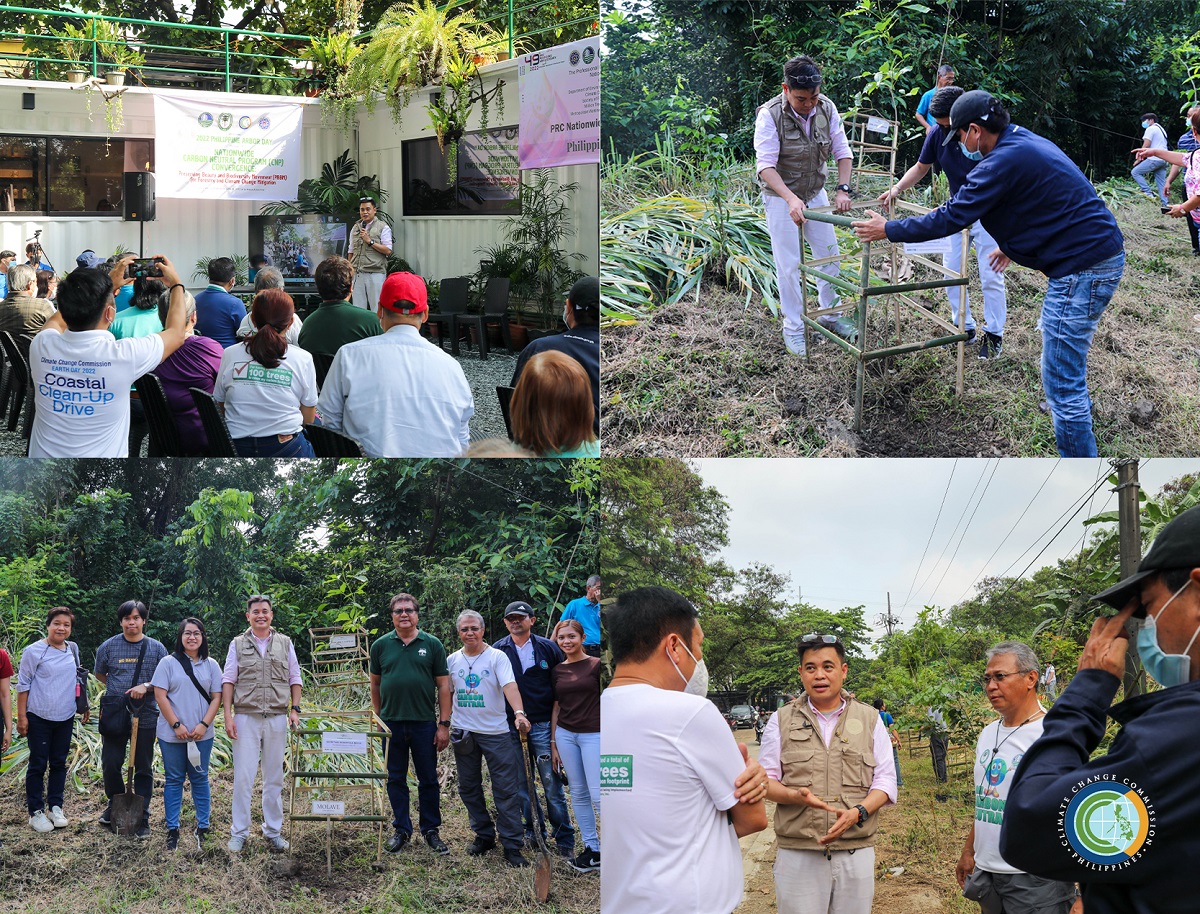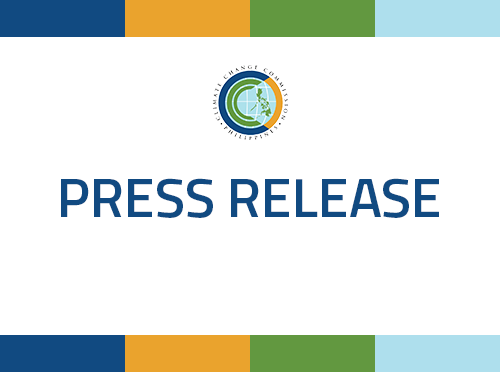13 October 2022, Kinshasa, DRC. In the lead-up to the COP27 in Egypt, the Philippines was chosen to co-facilitate and lead discussion on global agenda for climate finance, including on urgent actions needed to bolster assistance to developing countries based on commitments by developed countries.
The United Nations Framework Convention on Climate Change (UNFCCC) Secretariat and the Arab Republic of Egypt, as the incoming Presidency of the 27th Session of Conference of the Parties (COP27), requested the Philippines to co-facilitate a session on climate finance.
Robert E.A. Borje, Climate Change Commission (CCC) Vice Chair and Executive Director, as Philippine representative at the recently held PRECOP27 Meeting in Kinshasa, Democratic Republic of the Congo (DRC), co-facilitated the sessions on climate finance with Poland.
The session was attended by 17 countries, namely, Angola, Argentina, Chad, Denmark, Germany, Ghana, Japan, the Maldives, New Zealand, Norway, Papua New Guinea, Poland, Portugal, Saudi Arabia, Singapore, the United States of America and Zambia, as well as the European Union Commission.
The discussions were steered towards ideas and strategies to move forward the agenda on climate finance. This includes the fulfillment of the $100 billion financial commitment by developed countries under the Paris Agreement, and the need to set a higher climate finance target through the New Collective Quantified Goal of the Glasgow Climate Pact.
In his report-back session at PRECOP27, VCED Borje presented the outcomes of the discussions, highlighting the recommended strategies of countries to expeditiously mobilize climate finance.
On the $100 billion commitment, Parties stated that contributions are being made to immediately fulfill the delivery of climate finance obligations by developed countries. It was also pointed out, however that there remains a need to go beyond the $100 billion to provide sufficient support to at-risk developing nations.
As co-facilitator, the Philippines helped ensure that discussions were anchored on the commitments of developed nations to support developing nations, particularly those at risk and vulnerable nations, as provided in the UNFCCC and the Paris Agreement.
Towards substantial progress in climate finance delivery by 2025, VCED Borje highlighted that discussions stressed that the New Collective Quantified Goal on Climate Finance must be anchored on the needs of the developing nations, and entail key elements on transparency, responsiveness, and scale.
VCED Borje also mentioned that countries pointed out the need to be “innovative, creative and flexible” in tapping financial resources both from public and private sources toward low-carbon and climate-resilient development, consistent with Article 2 of the Paris Agreement.
After the report-back session, the Philippines was approached by representatives of Argentina, Brazil, the Czech Republic, the Maldives, New Zealand, and the United Kingdom (COP26 Presidency), commending the facilitation and the reporting of the session outcomes.
Mr. Simon Stiell, Executive Secretary of the United Nations Framework Convention on Climate Change (UNFCCC), likewise lauded the Philippines for its “very active role in the PRECOP27,” as co-facilitator on climate finance, and in “understanding the divergence, the outcome, and how to bring Parties together to move the agenda forward.”
The Democratic Republic of the Congo, in partnership with the Arab Republic of Egypt as the incoming COP27 Presidency, and the UNFCCC, convened 60 countries in Kinshasa for PRECOP27 to advance the discussions on major climate issues ahead of COP27.
The CCC, as the National Focal Point to the UNFCCC, represented the Philippines in said preparatory meeting for COP27.
The PreCOP27 was held on October 3 to 5, 2022 in Palais de Peuple in Kinshasa, Democratic Republic of the Congo.
In the lead to COP27, the COP27 Presidency and the UNFCCC will be convening the Heads of Delegations to an informal consultation on mitigation and finance on 13-15 October 2022 in Alexandria, Egypt.
COP27 will be held on 06 to 18 November 2022 in Sharm El-Sheikh, Egypt.
October 13, 2022 Thursday

